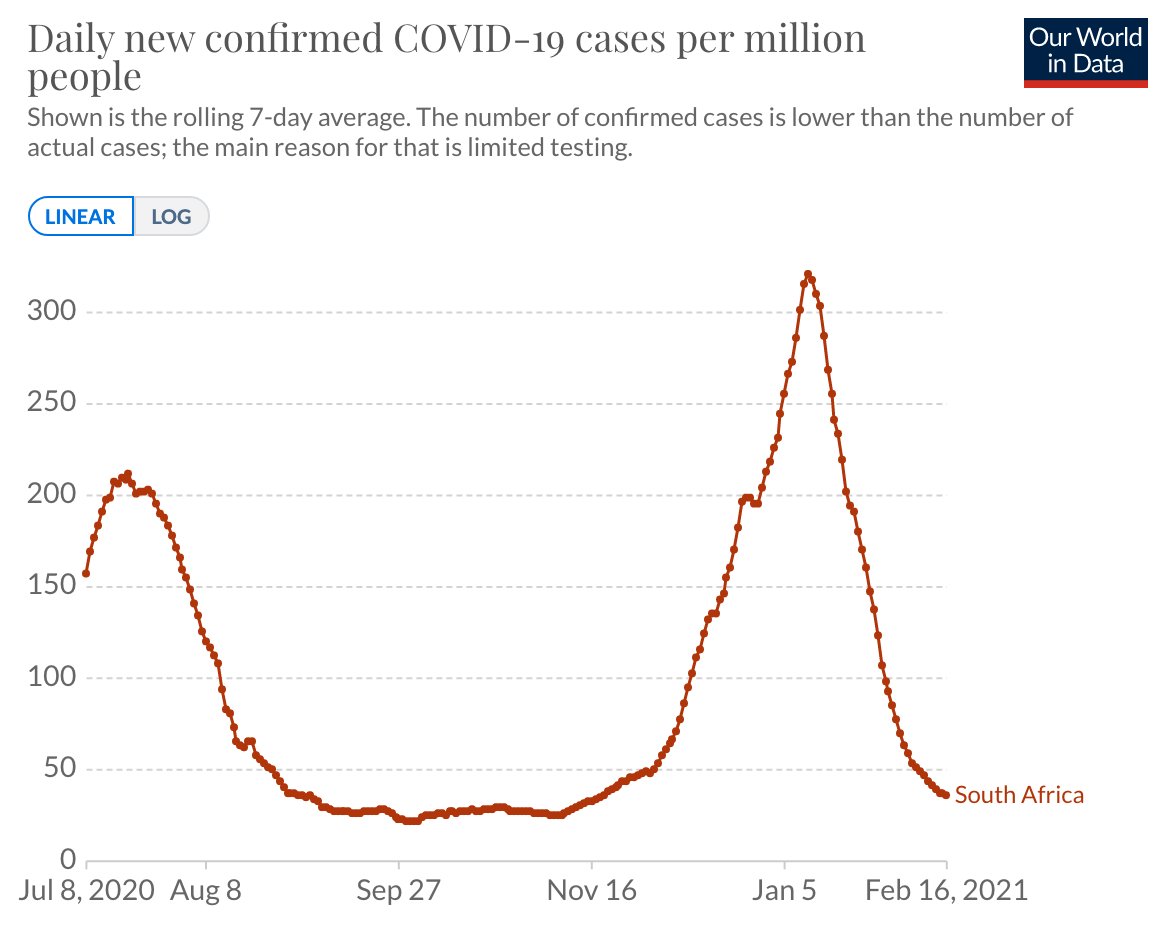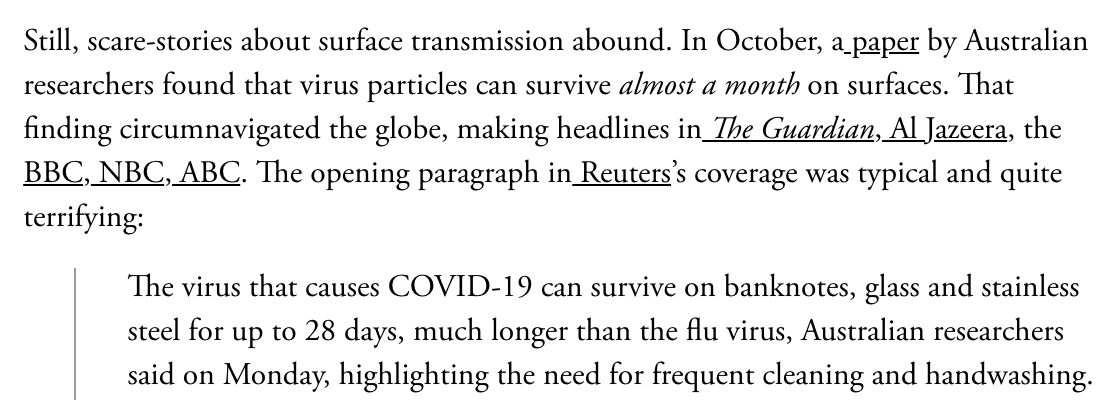
Seeing lots of people RT this and similarly gloomy analysis about how the US won't spend money in the pandemic. It's just wrong.
Many ways to evaluate a nation's response to COVID. But by fiscal impact—spending and tax cuts—U.S. relief is among the biggest in the world.
Many ways to evaluate a nation's response to COVID. But by fiscal impact—spending and tax cuts—U.S. relief is among the biggest in the world.

Here's the IMF global analysis.
imf.org/en/Topics/imf-…
Different countries use a variety of spending, tax,and loan program. But the U.S. fiscal response was the 2nd highest in the world in January—larger than any European country—before counting then entire Biden relief bill.
imf.org/en/Topics/imf-…
Different countries use a variety of spending, tax,and loan program. But the U.S. fiscal response was the 2nd highest in the world in January—larger than any European country—before counting then entire Biden relief bill.

There is an unhelpfully doom-pilled approach to Twitter, where the game isn't to figure out true stuff, but rather to sign on with one's most pessimistic and disappointed opinion about the world, irrespective of accuracy, then collect some commiseration tokens and peace.
It's the opposite of the boy who cried wolf. Rather than incorrectly predict bad things will happen and then accurately warn against disaster, this tactic holds onto correct observations about a godawful past long after so many things have changed for the better. (see: COVID)
• • •
Missing some Tweet in this thread? You can try to
force a refresh












